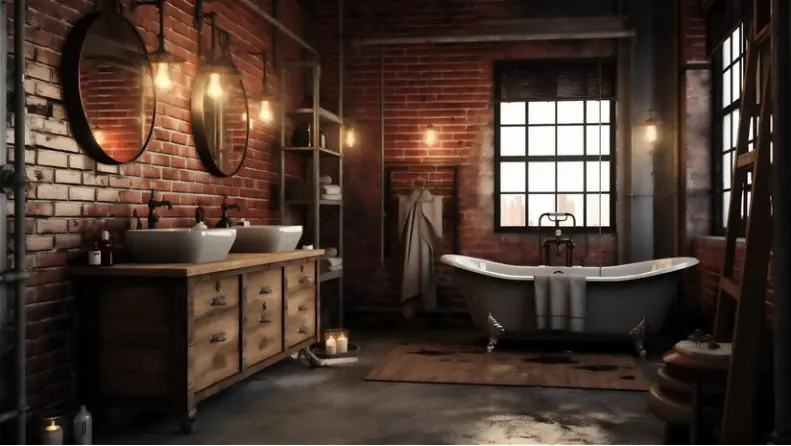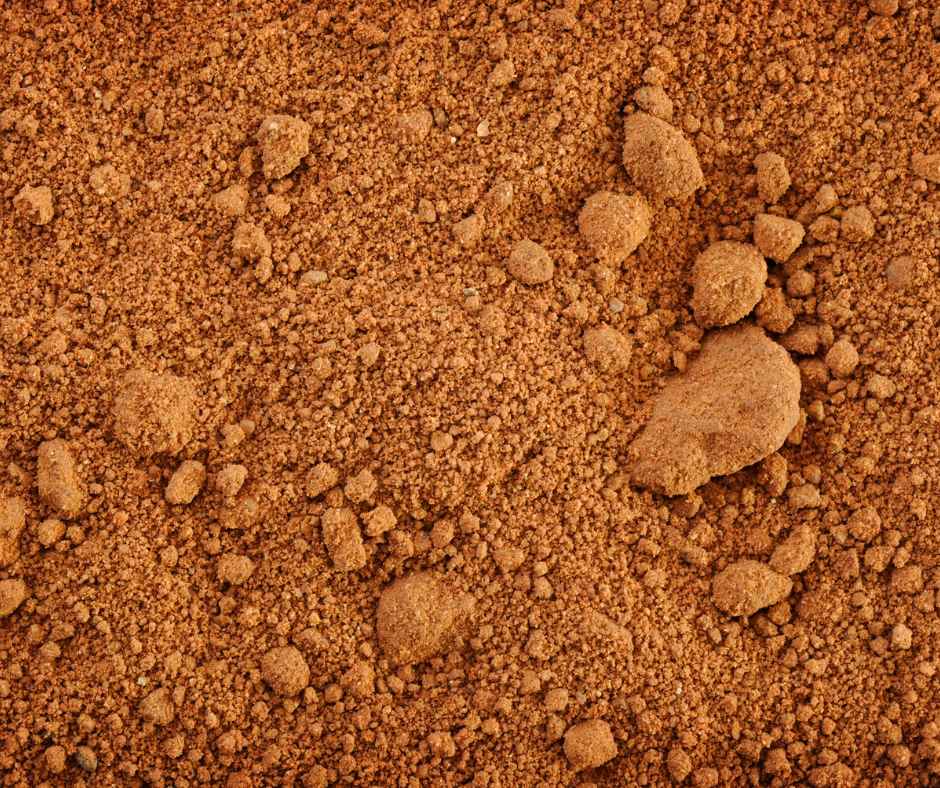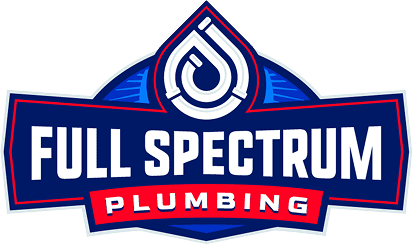Proudly Serving Rock Hill and Surrounding Areas
A Journey Through Time: The History of Shower Installations

A Journey Through Time: The History of Shower Installations
[/fusion_title][fusion_text]When most of us step into a shower, it’s a brief moment of sanctuary—a break from our busy lives. The cascading water envelops us, and for a few minutes, we’re transported into a world of relaxation. However, ever paused to wonder how this daily ritual evolved? How did we, as a civilization, come to embrace the magic of showers? At Full Spectrum Plumbing Services, we have delved into the annals of history to take you on a journey through time, tracing the fascinating trajectory of shower installations.
Our tale begins in ancient civilizations, primarily with the Egyptians and Greeks. These ingenious societies recognized the therapeutic benefits of water early on. In ancient Egypt, the elite would have servants pour jugs of water over them as they stood in a special room. The Greeks, on the other hand, constructed elaborate aqueduct systems, leading to the world’s first communal shower spaces. They believed in the communal spirit, and their gymnasiums often had large shower areas where citizens would rinse after strenuous exercises.
As we sail through time, we encounter the Romans, a civilization well-known for its architectural prowess and luxurious baths. The Romans elevated bathing to an art form. While they did not have showers in the contemporary sense, their bathhouses incorporated a range of water-based treatments, including warm rooms (tepidarium) and hot rooms (caldarium). While these were primarily communal soaking baths, the practice of pouring water, akin to a rudimentary shower, persisted.
However, after the fall of the Roman Empire, Europe entered a period where public bathing was often seen with skepticism, primarily due to concerns about hygiene and morality. It wasn’t until the Renaissance that the art of bathing began its slow re-emergence. Still, the concept of the shower as we know it remained dormant for quite some time.
Fast forward to the 18th century, and the world witnesses the birth of the first mechanical shower. Operated by a hand pump, it was a far cry from our modern fixtures but was a monumental leap in personal hygiene. This English invention was a rudimentary system, where water was pumped and then sprayed over the user, only to be collected, reheated, and used again.
The real transformation, however, came in the 19th century. With the advent of indoor plumbing and the realization of the importance of personal hygiene in combating diseases, the shower began its modern evolution. The early 20th century saw a boom in the bathroom industry, with showers becoming more commonplace, especially in the United States. By mid-century, showers had become a standard fixture in homes, complete with a range of showerheads, from simple nozzles to more elaborate rain and massage options.
Today, showers are not merely functional but are seen as an essential aspect of modern bathroom design. Here at Full Spectrum Plumbing Services, we’ve been privileged to witness firsthand the transformation of showers over recent decades. From eco-friendly installations, luxurious spa-like shower cabins, to digital systems that allow users to customize water temperature, pressure, and even lighting—the contemporary shower experience is tailored to individual preferences.
In retrospect, the journey of shower installations mirrors the journey of human civilization itself. From the simple act of pouring water to the technological marvels of today, showers have, in many ways, traced our priorities, our advancements, and our ever-evolving relationship with water. At Full Spectrum Plumbing Services, we’re proud to be a part of this rich tapestry, ensuring that the legacy of the shower continues to evolve, offering comfort, luxury, and innovation for generations to come.
So, the next time you step into your shower, take a moment to remember the rich history that allows you to indulge in this daily ritual. From the ancient Greeks to modern plumbers, every drop of water tells a story. And as always, if you’re looking to bring history into your home with the latest in shower installations, you know where to find us.
A Glimpse into the Past and Present
Stepping into a shower is a daily ritual for many of us, a comforting interlude of warmth and relaxation. But have you ever stopped to wonder how this modern luxury came to be, or how our ancestors kept clean? Here at Full Spectrum Plumbing Services, we often find ourselves intrigued by the evolution of showers. Let’s delve into the cascade of history and answer some pressing questions about this essential part of our lives.
What is the brief history of the shower?
- The origins of showers trace back to ancient civilizations. The Greeks were perhaps the first to incorporate communal shower spaces, using their advanced aqueduct systems to create large showering areas in their gymnasiums.
- The Romans, known for their lavish bathhouses, incorporated variations of showers in their routines, primarily through pouring water.
- The Renaissance period revived the love for bathing, but it wasn’t until the 18th century that the first mechanical, hand-pumped shower was introduced in England.
- With the advent of indoor plumbing in the 19th century, showers began their transformation into the household fixtures we recognize today.
How did people take showers in the past?
- In ancient Egypt, the elite would stand in specialized rooms while servants poured jugs of water over them.
- Greeks, valuing the communal spirit, had large open spaces in gymnasiums where citizens could rinse off using water from nearby aqueducts.
- Romans merged the concept of bathing and showering. While they luxuriated in communal baths, they also had servants pour water over them, mimicking a shower.
- Before indoor plumbing, many people in various cultures used basins to carry and splash water onto themselves, or they bathed in local water bodies like rivers and lakes.
How many years does a shower last?
- On average, a well-maintained shower can last anywhere from 15 to 20 years.
- Factors affecting a shower’s longevity include the quality of materials, frequency of use, and local water conditions (hard water can reduce a shower’s lifespan due to mineral buildup).
- Regular maintenance and occasional replacements of parts, like showerheads or seals, can extend the life of your shower.
How was the first shower made?
- The first mechanical shower was developed in England in the 18th century.
- Operated by a hand pump, this primitive system would pump water into a container above the user’s head. The water would then be sprayed over the person, collected at the bottom, and then recycled by pumping it back to the container to be used again.
- This early shower was a closed-loop system, ensuring that water was used efficiently, albeit with the drawback of recycling the same water.
In essence, our modern showers, with their multitude of features, owe their existence to millennia of evolution and innovation. From the rudimentary practices of ancient civilizations to today’s technologically advanced systems, showers have always held a special place in human history. And as we at Full Spectrum Plumbing Services continue to push the boundaries of modern plumbing, we are proud to be a part of the ongoing journey of the humble shower. So, the next time you find solace in those warm droplets, remember the rich tapestry of history that has shaped this everyday luxury.
[/fusion_text][/fusion_builder_column][/fusion_builder_row][/fusion_builder_container]Recent Posts

The Hidden Effects of Carolina Clay Soil on Your Sewer Line

Common Plumbing Problems Charlotte Homeowners Face Each Year

How Charlotte NC Residents Can Protect Their Homes From Winter Pipe Damage
Have a Question?


